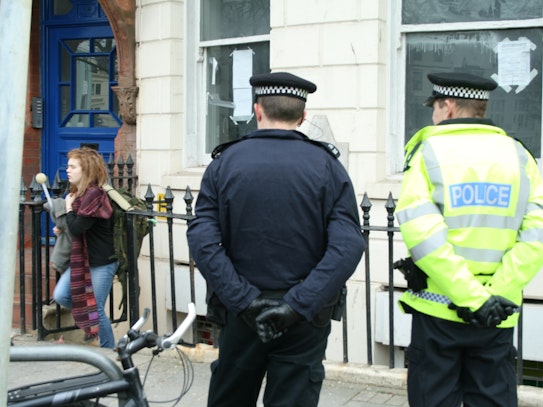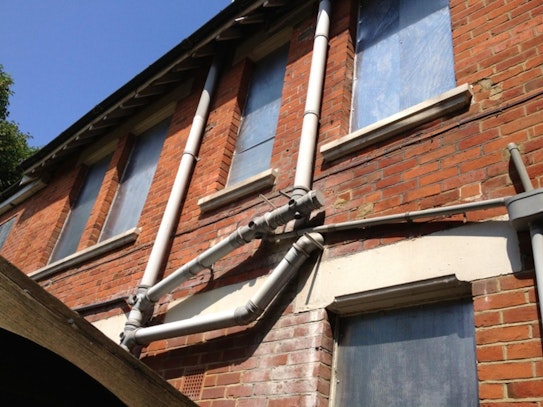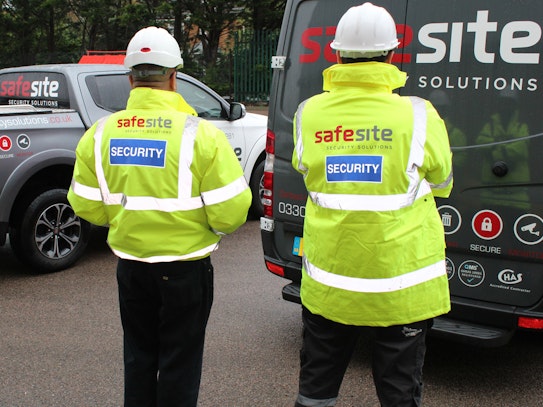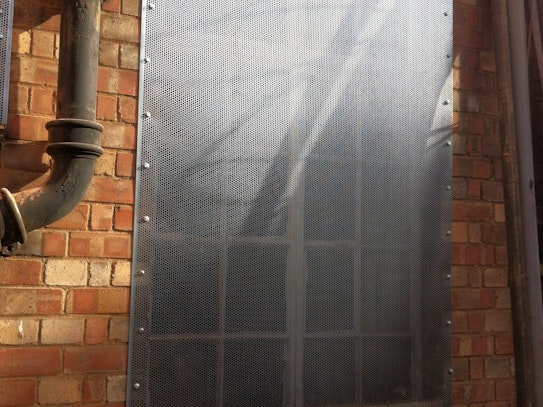- Fully qualified & insured teams
- Free site assessments
- Rapid response
- Rated Excellent
Protecting Your Property From Squatters
Owning an empty residential property has always made property owners vulnerable to trespass, damage and even significant financial loss from squatters. Changes which were made to the Law of Trespass in 2012, mean that squatters risk sentences of up to 6 months in prison and significant fines of up to £5,000. Despite this, an increasing number of commercial properties and industrial premises are targeted by squatters.
According to data shared by the Leeds Building Society there are estimated to be 676,452 empty houses across the UK (in 2023). The total of long-term empty homes increased from almost 5% over 2022.
Derelict commercial or residential properties need to be made secure against weather and vandalism, to avoid unnecessary disrepair, vandalism or weather damage.
The cost of poor security
Despite the fact that an empty commercial property is not generating income, where securing the premises is concerned, it’s definitely worth spending a little to save a lot. Having intrusion from trespassers who then choose to remain in the property as squatters can generate significant costs to owners, for example in terms of:
- Damage to the fabric of the property itself.
- The running up of bills for any utilities still connected to the premises.
- Legal fees for eviction.
- Costs of repairs.
- Costs of removing rubbish or fly-tipped items.
- Increased insurance costs in the future and fees for excess in the event of claims.
Property protection
As with anything related to property matters, there are low-budget as well as more costly options for protecting your property. However, whatever the budget, something to be mindful of is that security is not only preventative, ie: making it as difficult as possible for entry to be gained, but it should also act as a deterrent because heightened security which deters squatters will also discourage opportunist thieves, vandals and criminals from entering the property. So what can you do?
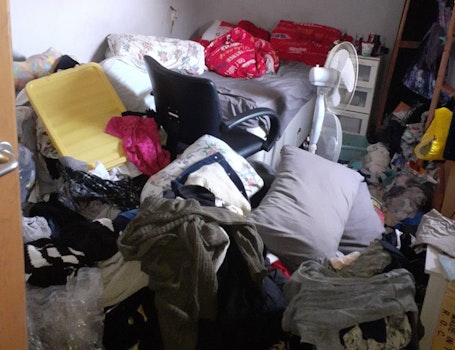
The bare budget minimum
- Protect all entrances to the property, such as replacing entrance doors with solid steel security doors.
- Consider all windows as access points too. Protect with steel security screens rather than wooden ones and ensure that these are secured with anti-tamper fixings as an additional deterrent. If the property already has roller shutters, add locks or consider enforcing them with additional screens.
- Check the roof for access points as well, securing sky lights and vulnerable areas of the roof.
- Make sure that utilities have been switched off and that the relevant companies have been informed that the property is empty. A lack of utilities makes a potential squat less appealing.
- Add an intruder alarm, preferably a wireless one which offers full 24 hour monitoring, so that action can be instantly taken if intruders gain access. Prompt action can be crucial in preventing squatters from settling in.
- Monitor your property regularly, with thorough checks inside and out to ensure that poor weather conditions or break-in attempts have not rendered your property more vulnerable to intrusion.
Stepping up security
- CCTV and / or security guard patrols can really add security to your premises, but remember to engage the services of a fully reputable company.
- Add concrete barriers to boundary areas and vulnerable access points on the perimeter. This not only acts as a deterrent to those who might want to break in, but can also help to prevent the outside of your property being used for fly-tipping, something which can quickly give your property the appearance of being neglected, a sign of opportunity which professional squatters may well be on the look out for.
Finally, and importantly in respect of prevention, do speak to your insurers as soon as you know that your property is going to be vacant. Many insurers have their own checklists of basic security they require in order for their insurance policy to remain valid, so do speak to them, identify any particular recommendations or requirements they have and then following these up. Although being in contact with your insurance company won’t necessarily prevent squatters from entering your building, there may be an action on their specific checklist which proves to be vital in relation to your particular property. Additionally, having your insurance company onside certainly helps to reduce stress and financial implications when it comes to feeling secure about your empty property and in maximising your protection against squatters.
Request a free no-obligation quote
We respond in under 30 mins on average (excl. weekends)
